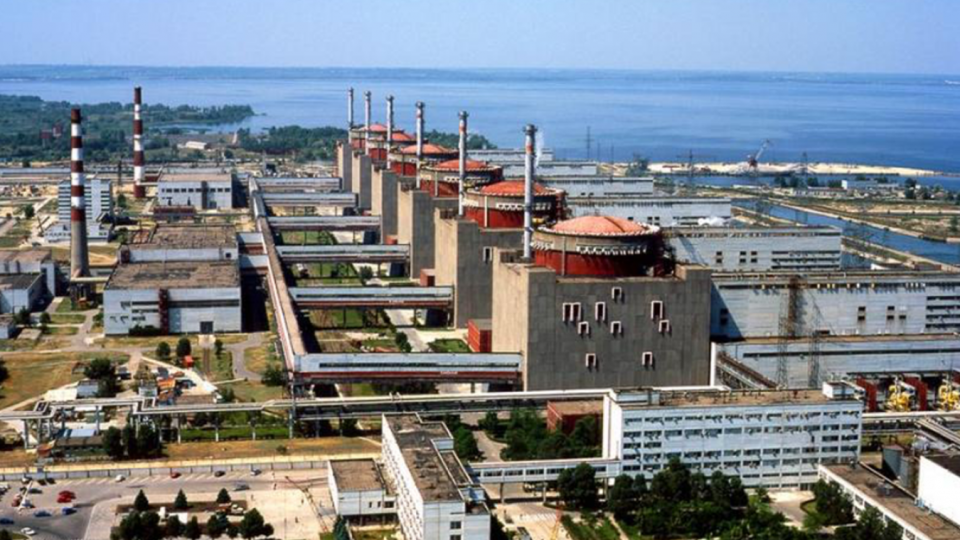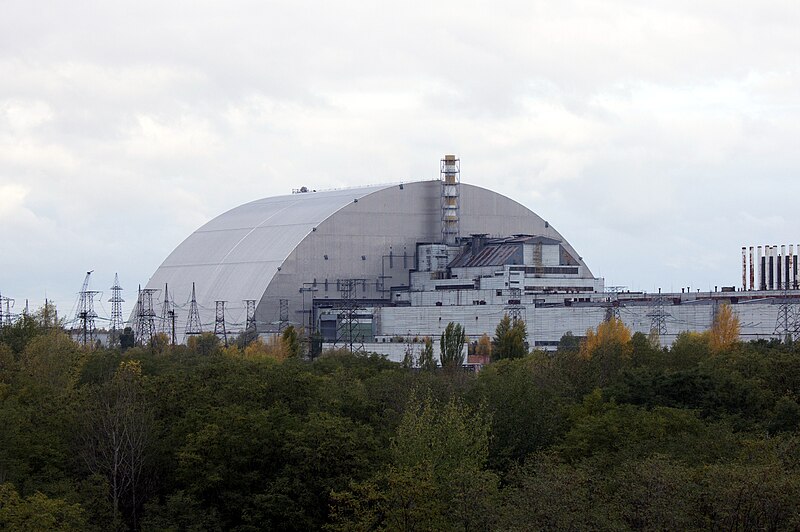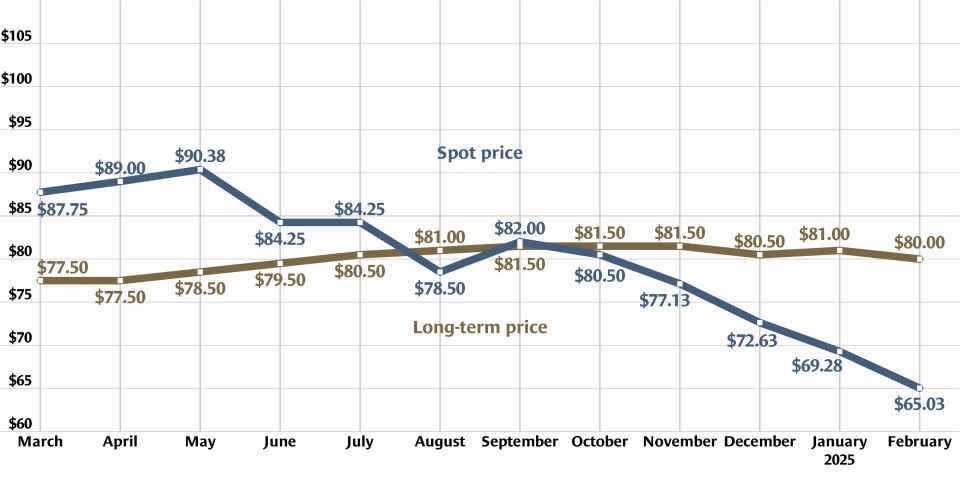“I have very often characterized [the Zaporizhzhia plant] as very fragile,” Grossi said at a news conference after Tuesday’s meeting, according to Reuters. “Some days we have some stability, and then there is an end, an issue, a drone impact . . . which means that the station is again on the verge of being on a blackout.”
“Blackout—no power. No power—no cooling. No cooling—maybe you have a disaster,” he added.
Along with widening its support for nuclear safety in Ukraine, Grossi and Zelensky agreed that the IAEA will help the country purchase equipment from Bulgaria’s canceled Belene nuclear power plant for use at Khmelnytskyi plant.
What’s next? Grossi today planned to visit Zaporizhzhia nuclear power plant, which stopped producing power in 2022 shortly after the Russian invasion. Zaporizhzhia, which is on the front line of the conflict, has been hit hard—enduring eight complete loss of power events.
The IAEA is sending an expert team out this week to inspect some of the damaged Ukrainian substations that have been identified as essential for nuclear safety. The team will assess the sites and report back to headquarters for possible follow-up actions.
“Ensuring that the substations can operate normally for safety-related purposes is also of paramount importance for energy security in Ukraine, as the country to a large extent relies on the nuclear power plants for much of its electricity generation,” Grossi said.
Background: The IAEA already has specialist teams stationed at Ukraine’s nuclear power plants to help maintain nuclear safety and security during the military conflict. Increased pressure on Ukraine’s energy infrastructure during the past six months have caused grid instability.
On August 26, widespread strikes targeting Ukraine’s energy infrastructure caused temporary shutdown or disconnection of reactor units at Rivne and South Ukraine nuclear power plants, one of which has still not returned to full operation, the IAEA reports. Off-site power loss also impacted Khmelnytskyi and the Chernobyl site.








